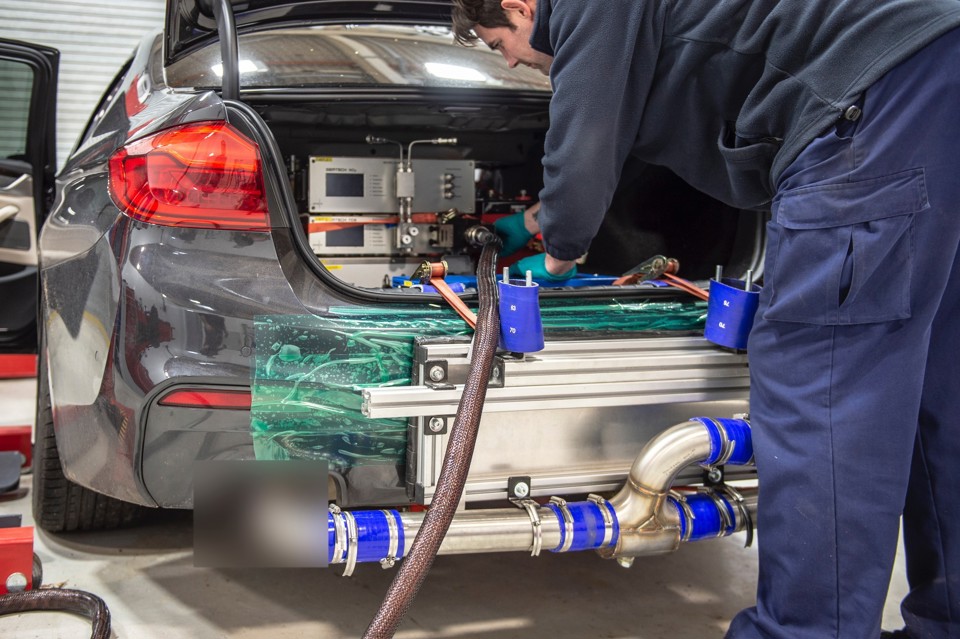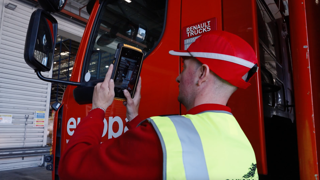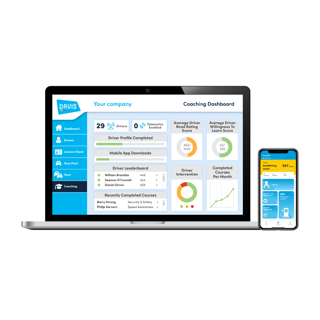Smart Fleet Cloud is a new technology that gives fleet managers real-time CO2 emissions data, to help them control their environmental impact.
Launched by Emtec Corporation Ltd, the cloud-based technology aims to replace ‘diesel demonisation’ with business ‘decarbonisation’.
Data can be used to accurately target and train errant drivers, or simply remove poor performing vehicles.
“Fairly or unfairly, in an era of ‘fake news’ the automotive industry has become synonymous with accelerated climate change with cities introducing congestion charges, and low-emission zones to curb kerbside NOX levels,” said Martin Wedge, the founder and CEO of Emtec Corporation Ltd.
“We are moving to a regime of transparency of greenhouse gas reporting as the government wants zero carbon generation by 2050.
“By April this year, under the Streamlined Energy and Carbon Reporting (SECR) regulations, businesses generating more than 40,000 kwh of energy will have to declare their emissions levels, which is why our solution is based on the maxim that a problem cannot be managed until it can be accurately measured,” he added.
Smart Fleet Cloud currently provides independent CO2 dashboard data for conventional petrol, diesel and hybrid engines an will, in the near future, furnish fleet managers with real-time verifiable information for electric vehicles by measuring the company’s overall energy management strategy, and provide the carbon and cost impact of vehicle batteries, chargers, stationary energy storage and electricity prices.
“Businesses need to have the accurate and verifiable data – hard facts - to understand where their pollution problems lie, and if diesel can still form part of their fleet mix, for example,” Wedge added.
“Through our proprietary dashboard, targeted organisations with fleets, including international businesses, government departments, local authorities with light vehicle fleets and vehicle manufacturers will receive an accurate, real time and comprehensive view of their vehicles’ economic and carbon footprints with a view to automate planning that reduces future operational costs and emissions.”
The cloud-based platform receives data from connected vehicles via smart devices, which can then be used to provide real-time and independent analysis of vehicle performance and driver behaviour, including acceleration and hard braking metrics, as well as vehicle location, trip history and CO2 emissions.





















Login to comment
Comments
No comments have been made yet.